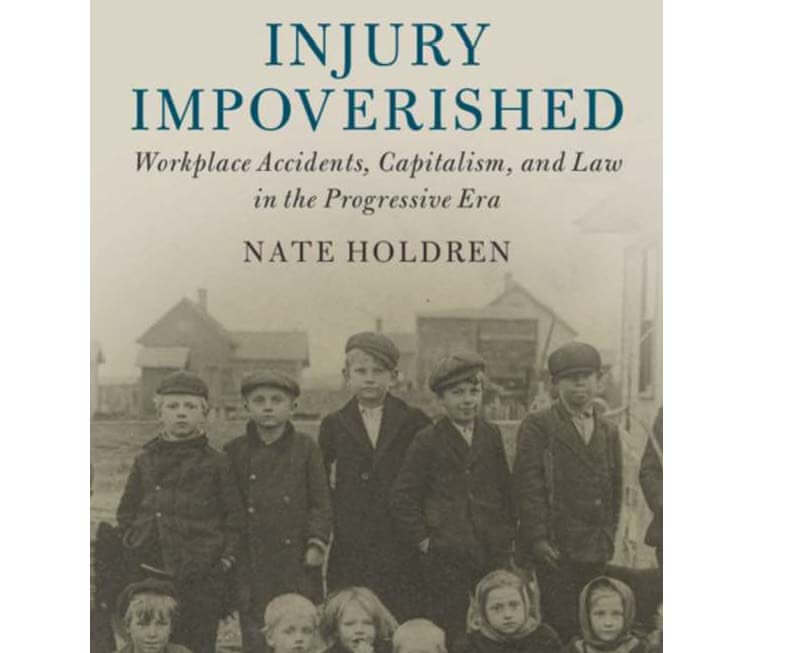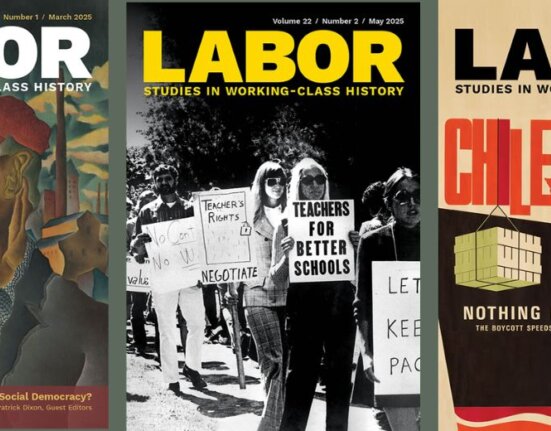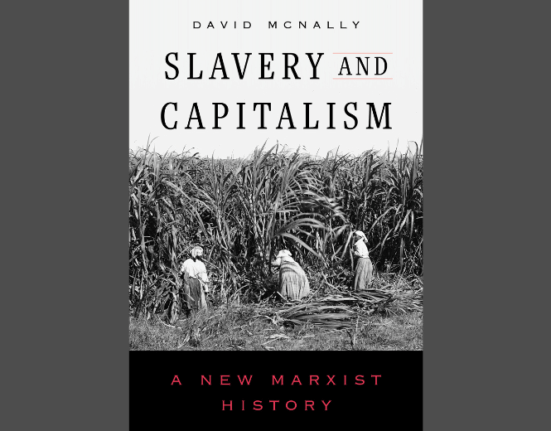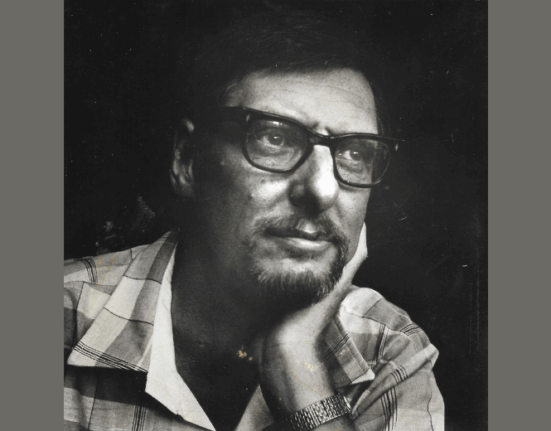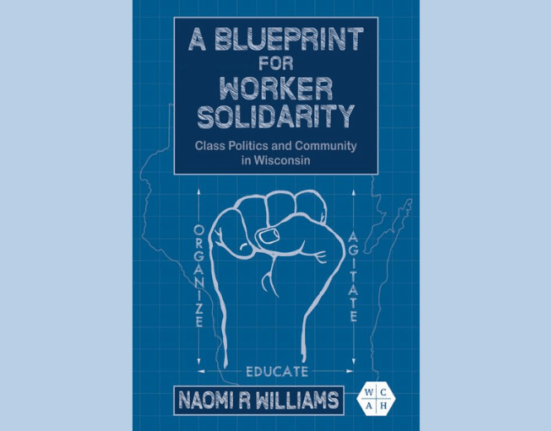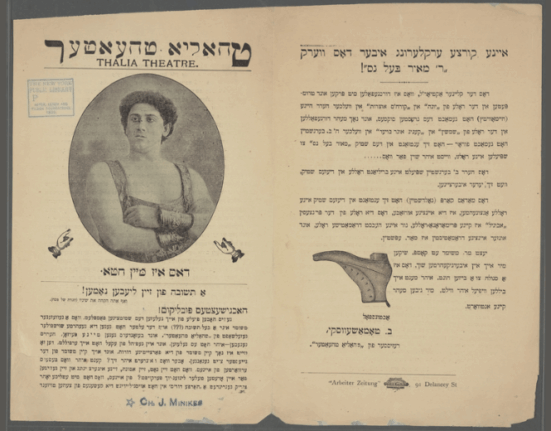Today we wrap up our roundtable with Nate Holdren’s response to commenters on his new book Injury Impoverished: Workplace Accidents, Capitalism, and Law in the Progressive Era, just published by Cambridge University Press. We started with an introduction by Eileen Boris and posted comments from Vilja Hulden and Trish Kahle and Chad Pearson.
****************************
I wish to convey my heartfelt thanks to the authors for their responses to my book Injury Impoverished, and I shall do so again at the end. For now: I’m honored, flattered, touched.
I was pleased to read Eileen Boris’s remark in her thoughtful introduction that “Marxist history can be humanistic history.” I wanted to write an unabashedly Marxist book (without claiming to have a monopoly on the single best way to do Marxist history), and a humanist book. I have often thought of the book as Thompsonian, but not in the sense of E.P. Thompson’s valuable studies of working-class culture and agency. In my view, Thompson wrote those studies by drawing from his convictions and his social analysis as a self-described socialist humanist. I wanted to write a structural book, in contrast: one that takes a critical look at top-down power relationships inflicted on working class people, but one also animated by a version of Thompson’s socialist humanist conviction.
Boris talks about the terrible inadequacy of the institutions that should be providing relief to workers, made starkly visible by the current pandemic and economic depression, and generously frames my book as shedding some light on that inadequacy. I do hope it is clear that I am all for measures to improve working-class life. I am very aware that measures to reduce misery have tremendous personal stakes in people’s lives. What I tried to bring out in my book is that, while we can and should have preferences among policy options, if we insist on a robust commitment to human dignity then there is no adequate treatment of working-class people in capitalist society. The best options for working class people under capitalism are not so much good as they are the least bad, for reasons I tried to make clear in the book. Vilja Hulden helpfully frames this as “the chasm that one often feels yawns between what a reform accomplishes and what a truly just society would look like.” I wish I’d said that myself.
Hulden offers a few comradely differences, noting that some of the social problems I wrote about that came as a result of workers’ compensation seem subject to policy fixes. That’s a fair point. As I wrote the book I often thought in terms of upstream and downstream. I do emphasize injustices within employee injury law and resulting from employee injury law, injustices downstream from injuries themselves. Hulden is right that these downstream injustices could be reduced or perhaps even removed by policy fixes.
If a system of employee injury law was developed that was entirely free of additional injustices, I suppose I would be glad in a way, but my primary response would be remain outraged at the ongoing fact of employee injuries. I think when injustice is reduced, we should not so much celebrate the reduction as continue to be outraged that injustice exists. Of course, we can do both and this is ultimately a matter of emphasis, which is all that the differences between Hulden and me seem to be. At the least, though, I would argue that efforts at legal mitigation of the injustices of class do not get us closer to a fully just society. Such reforms only get us closer to a less unjust version of still a fundamentally unjust society.
My book spends a lot of time criticizing injustices downstream from injury, but I tried to root that criticism in an understanding of upstream injustices which helped create injuries. For instance, in the book I relay a story told by the reformer and journalist William Hard. He relayed the story of a steel worker, Newton Allen, who, while moving molten steel with a crane, accidentally dropped the liquid metal onto the floor below, where it killed his brother, Ora. It’s an appalling story. I wanted to understand the total set of social circumstances that helped create that event like that. Had the Allens been less dependent on selling their labor power to live, they might have had more ability to contest unsafe conditions. And, had the Allens not been sellers of labor power, they wouldn’t have been in danger in the first place. Economic constraint and unchecked employer power create the conditions under which working-class people are injured, over and over again. These structural factors lurk in the background in all the events in my book. Those are injustices upstream from injury that I wanted to use the book to indict. It is certainly possible that we could have a legal system where the responses downstream from injury introduce no further injustices. Such efforts would still be inadequate, in my view because they would leave the upstream conditions productive of injury untouched. My sense is that Hulden and I share this perspective, given her other remarks.
As Trish Kahle writes, truly reckoning with “the injustices inherent in workplace violence” would require changes in the way we work, under what legal and economic arrangements.” I couldn’t agree more. Kahle’s remarks address what I mean by “upstream.” While my book might reasonably be called a dour read, I wrote it from the hopeful conviction that we really could have a much better society. Specifically, we could have a society that does not, in the process of producing and reproducing itself, kill any of its members, and that actively promotes the flourishing of each person. The book is written against the pervasive prevention of human flourishing in our society, with workplace injury as one important kind of example. Part of the supposition behind my book is that any capitalist society will involve some sacrifice of this type, and those sacrifices are never worth it. My book emphasizes narrating some awful stories of injury because I wanted to try to draw out what those injustices really mean in people’s lives. To accept capitalism is to say those harms are, while unfortunate, fundamentally acceptable.
Kahle asks “what kind of hotel guest, presented with the choice, would sacrifice a person’s hand for a wrinkle-free sheet?” Here, too, I wish I’d said this myself. I wanted my book to present to readers the idea that in capitalist society the making of a host of goods and services require sacrifices like this. The law, in my view, is incapable of addressing this ongoing sacrifice of people. The law under capitalist society is, to borrow Kahle’s words, “unsuited to meaningfully contest the injustices of an economy premised on labor commodification.”
The same goes for workplace medicine, as Chad Pearson emphasizes in his response. His remarks are deeply thought-provoking for me about the work I plan to do now that my book is done. I condensed two long dissertation chapters on industrial medicine into one medium-sized book chapter. When I return to that material in the future, I will do so with new thoughts due to Pearson’s response.
Pearson writes that my book depicts company doctors as “far less benevolent and honorable” than we tend to expect physicians to be. I agree, but I also want to stress that I spent a lot of time considering the doctors while writing the dissertation and later my book. Many of the doctors seemed to me to be individually good people, after a fashion. Reading Pullman medical director Thomas Crowder’s personal papers, he seems to have been a good father. I think Crowder and other industrial physicians did things that we should view as monstrous—in the book I call the doctors “discrimination technicians”—but I suspect that few of them started out their careers hoping or planning to do such things. Rather, they circuitously wound their way to those places as part of their careers.
In the words of the great and sadly departed Utah Phillips, “the profit system follows the path of least resistance and following the path of least resistance is what makes the river crooked.” The company doctors were carried by social currents to monstrous places where they did terrible things. As I say in the book, “the machinery of injustice does not need monsters to operate.” I am sure there are a lot of people who are, after a fashion, individually good and yet who helped create the appalling treatment of graduate student employees and contingent faculty in higher education. I got a fantastic education at the University of Minnesota, for example, while watching the university administration actively bust graduate employees’ unionization effort and treat the clerical workers’ union terribly. (I remember a university lawyer at a clerical workers’ picket line videoing picketers in a very intimidating fashion, then driving away in a car with big bumper stickers for the Obama campaign.)
Along similar lines, I am sure there are people right now who are, in a way, good people and yet who are ordering workers to face COVID-19 risks. Some of those relatively good people are, or will be, morally responsible for the deaths and COVID-19-induced disabilities of some workers. At present, there is limited room in the law for articulating that responsibility. (My home state of Iowa has taken steps to reduce businesses’ financial liability for COVID-19 infection.) If anything, the law— as well as businesses’ organizational structures and professional forms of knowledge like medicine—serve to insulate decision-makers from having to really confront the moral status of their own unjust actions and decisions, let alone actually stopping those actions altogether.
As a final thought, I want to say that, in my view, class in all of its facets should be treated as an injustice and as political. I think there are a lot of different mechanisms and kinds of rhetoric that serve to mask the injustice and to depoliticize class or facets of class. I would like to see more historians writing explicitly about and against this depoliticization. Class is a term like patriarchy or racism: when it exists as a social relationship, it is already unjust and can not be made just. Class justice is a contradiction in terms; a fully just society would be a society with no class structure at all. I happen to believe such a society is possible but my book doesn’t establish that possibility. Rather, in the book I try to present the violence the book depicts as a kind of injustice that class society must always produce.
In my view, successful efforts to stop the injustices woven into capitalist society will have to come from outside the law: from workers themselves acting in ways similar to what we have seen recently in the militant protests and riots against police violence, and in the battles Chad Pearson discusses in his reply to my book. Injury Impoverished focuses on law, middle-class reformers, corporations, and company doctors as its subject matter. That said, the book expresses a kind of syndicalist sensibility which I would like to see rekindled as a going concern academically and, far more importantly, in society at large. (I will add as a first-generation scholar I want to make very clear that I am under no illusions that writing an academic book is a particular effective way to spread this sensibility.)
I will close here. Thank you for your time, reader; I’m sure you’re very busy with having your time stolen and with the ongoing crisis imposed on us all by global capitalism. I’m pleased you decided to spend some of your time and energy reading my words.
Thank you to Chad Pearson for generously organizing this roundtable. Thank you again to Chad and also to Eileen Boris, Vilja Hulden, and Trish Kahle for spending their time reading my book and even more so for writing such thoughtful responses. Much of the time I spent writing this book has been a little solitary, more than I prefer, and life since the COVID-19 pandemic has broken out has been all more so. It is profoundly moving to have comrades and fellow travelers think with me. In my experience that kind of intellectual camaraderie is one of the chief joys of being a scholar and a writer. I appreciate it a great deal. So thanks again.

